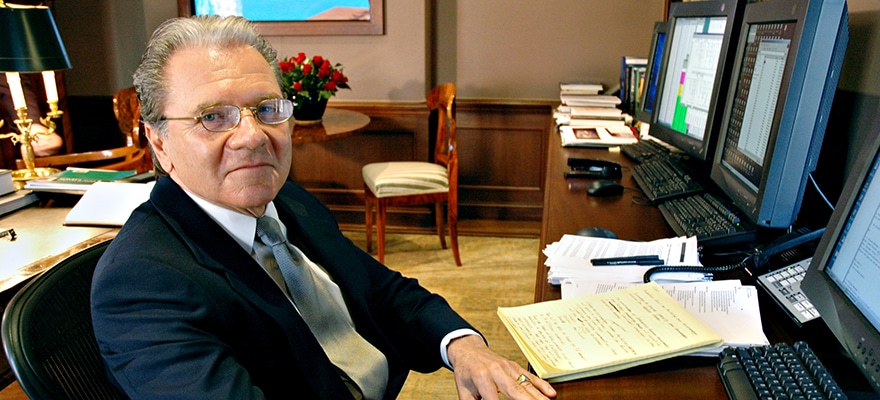Thomas Peterffy, chairman of Interactive Brokers, told CNBC that he recognises that the fact that Bitcoin futures are now being sold on two major exchanges means that the asset will likely become even more popular.
This is significant because his company is the largest brokerage in the US.
Discover credible partners and premium clients in China's leading event!
A month ago, Peterffy wrote a letter to the head of the American financial regulator to request that cryptocurrency be kept isolated from other financial products. The letter received a lot of attention because it was published in the form of a full-page advertisement in the Wall Street Journal. He told Barron's: "For the first time, I am extremely scared."
His company has certainly changed its tune now:
$IBKR went from writing open letters abt the dangers of BTC futs to full page ads goading ppl to jump in the pool. What changed? pic.twitter.com/dGSP71dYZe
— Barbarian Capital (@BarbarianCap) December 16, 2017
To be fair, the multi-millionaire was never against cryptocurrency per se, but felt that the lack of what he called a "fundamental basis for valuation" made the price inherently unstable. He said in the letter: "The products and their markets have existed for fewer than 10 years and bear little if any relationship to any economic circumstance or reality in the real world."
The CBOE and the CME Group, two major exchanges based in Chicago, went ahead and began to offer Bitcoin futures trading regardless. This has had the effect of making Bitcoin even more valuable, as the public and regular companies take notice. This Sunday, the price hit $20,000 as one of the world's biggest brokers began selling futures contracts too.
Interactive Brokers put the contracts on its trading menu last week, albeit with much higher margins. He said to CNBC: "I think bitcoin and other Cryptocurrencies are great ideas. They should be allowed to be traded freely and used freely to find their appropriate role in the economy."
We last reported on Interactive Brokers on Thursday, when it received a fine of $250,000 from ASIC, the financial regulator of Australia. The fine was punishment for not detecting a client's fraudulent activities on the IB platform.


















